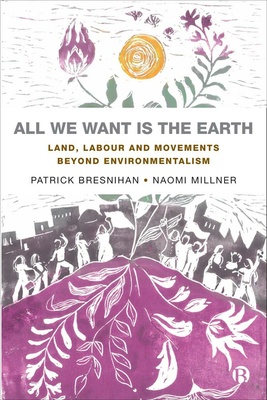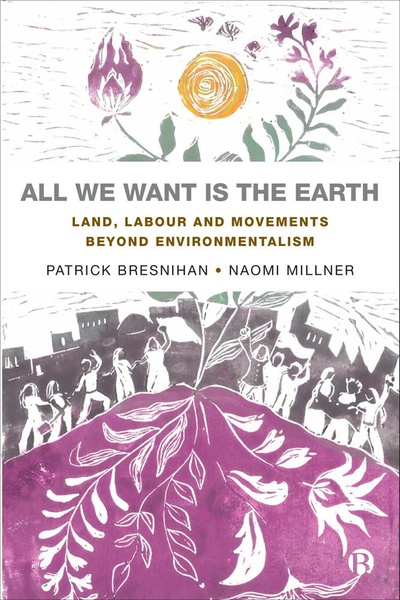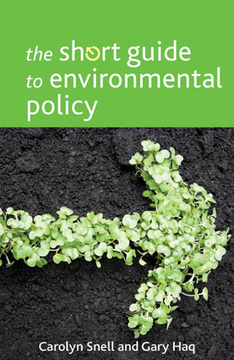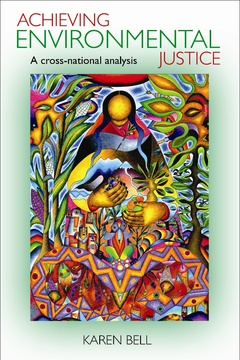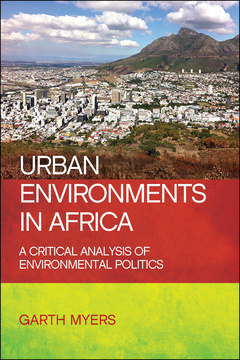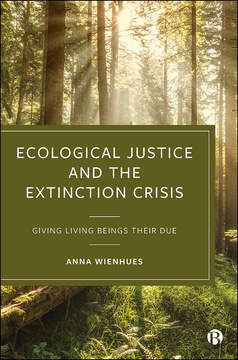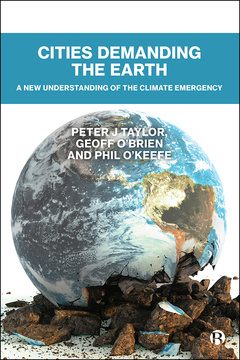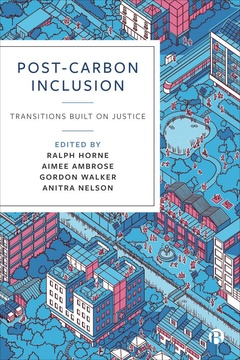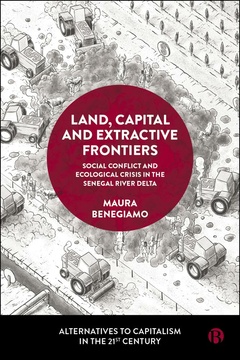All We Want is the Earth
Land, Labour and Movements Beyond Environmentalism
By Patrick Bresnihan and Naomi Millner
Published
27 Jul 2023Page count
194 pagesISBN
978-1529218336Dimensions
234 x 156 mmImprint
Bristol University PressPublished
27 Jul 2023Page count
194 pagesISBN
978-1529218329Dimensions
234 x 156 mmImprint
Bristol University PressPublished
27 Jul 2023Page count
194 pagesISBN
978-1529218343Imprint
Bristol University PressPublished
27 Jul 2023Page count
194 pagesISBN
978-1529218343Imprint
Bristol University Press** Winner of the Geography Society of Ireland Book of 22/23 **
Sixty years ago, an upsurge of social movements protested the ecological harms of industrial capitalism. In subsequent decades, environmentalism consolidated into forms of management and business strategy that aimed to tackle ecological degradation while enabling new forms of green economic growth. However, the focus on spaces and species to be protected saw questions of human work and histories of colonialism pushed out of view.
This book traces a counter-history of modern environmentalism from the 1960s to the present day. It focuses on claims concerning land, labour and social reproduction arising at important moments in the history of environmentalism made by feminist, anti-colonial, Indigenous, workers’ and agrarian movements. Many of these movements did not consider themselves ‘environmental,’ and yet they offer vital ways forward in the face of escalating ecological damage and social injustice.
“An act of recovery, a reclaiming of movements and struggles that have been pushed out of frame by dominant interpretations of what gets to count as environmental politics.” Kai Heron, Lancaster University
“If you think you know what environmentalism is, read this paradigm-changing book. Bresnihan and Millner unearth hidden histories and practices of movements that are not typically considered environmental and yet drive ecological care and repair today.” Dimitris Papadopoulos, University of Nottingham.
“Moves gracefully from Amilcar Cabral to Ken Saro-Wiwa, the 1992 Rio Summit to La Via Campesina, meticulously and ingeniously unearthing an anti-colonial, Indigenous, and Third World-centred environmentalism which has been assassinated or buried alive by neo-colonialism ... vital for anyone concerned with the struggles to make the world big enough for everyone.” Max Ajl, Ghent University
“The history from the mid-20th century and critique of ‘environmentalism’ are beautifully structured and carefully argued. The movement examples provide a political backdrop and resonate profoundly with the unpredictable pluriversality of the planet.” Peter Linebaugh, author of The Magna Carta Manifesto and Red Round Globe Hot Burning
“Both exuberant and carefully crafted, All We Want Is The Earth renders relationships between land, labour and decolonisation crystal clear. A clarion call for resistance and possibility in making just and flourishing futures." Sian Sullivan, Bath Spa University
Naomi Millner is Senior Lecturer of Human Geography, Geographical Sciences, at the University of Bristol. She is an activist-researcher, community gardener and storyteller. Her research projects are linked with questions of land and the politics of knowledge, and she is currently working with social movements and community groups in Central America and the UK on issues surrounding food and land poverty.
Patrick Bresnihan is a Lecturer in the Department of Geography at Maynooth University. He works across the interdisciplinary fields of political ecology, science and technology studies, and environmental humanities. His current research focuses on data centres, renewable energy infrastructures and bog landscapes in the context of the global ‘green’ transition and environmental justice.
1. Introduction: Beyond Modern Environmentalism
2. Suburb, Field, Laboratory: Recomposing Geographies of Early Environmentalism
First Interlude: Green and White Dreams
3. Revolt Against One-Worldism: Radical Claims on Land and Work Post-1968
Second Interlude: Planetary Icons
4. The Right to Subsist: Transnational Commons Against the Enclosure of Environments and Environmentalism
Third Interlude: Witnessing in the Global Resonance Machine
5. Earth Politics: Disagreement and Emergent Indigeneity in the So-Called Anthropocene
Fourth Interlude: Making Things Resonate
6. Conclusion: Resonance Beyond Environmentalism
Coda: Afterlives







